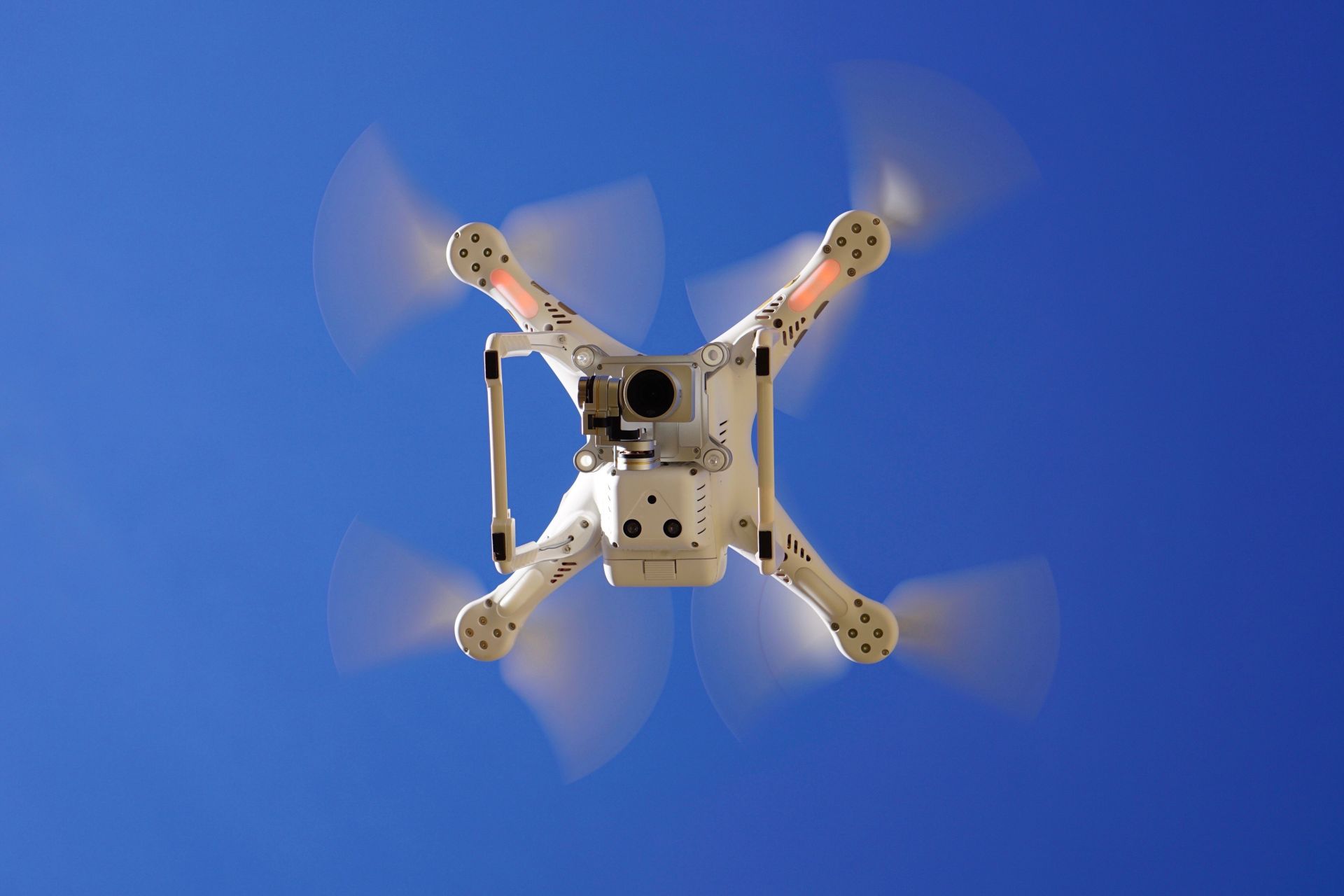Taking the Lesson to Heart
Globalization – quite a highbrow word. What is it anyway? The Duden, a dictionary of the German language, defines it as the process of global interdependence increasing in many different fields. In German, at least, the term has only been used widely since the 1980s, so globalization cannot be that old after all. Nonsense! Let us go back in time and think of Christopher Columbus. When the fearless Italian seafarer sailed west from Spain in 1492, he wanted to find India, which lay to the east. But as we know, that did not work out quite as planned. Columbus landed in America and called the indigenous people Indians. Logical – after all, he thought he was in India.
Yet what Columbus did not think of at the time was that he, along with all the others who visited the newly discovered world after him, brought with them something that is said to have wiped out entire tribes very quickly: pathogens that were unknown to the immune system of Native Americans. So, the urge to globalize has always existed among bacteria and viruses, too. All they need is the right opportunity.
The land of milk and honey takes a break
Columbus was therefore a real stroke of luck for the virus generation from the late Middle Ages. It is hard to imagine how dreary the pathogen’s existence must have been up to that time. Together with its beloved host, it only went beyond the familiar local métier in exceptional circumstances. The virus generation up to 2020 is quite different: ever-advancing globalization must have seemed like an endless amusement park to the little germs, a veritable land of milk and honey. Shall I set up camp with the European here or the Asian over there? Would I rather take the train or the plane? And no, I definitely do not like summer; I would rather find a cozier, cooler place to thrive: these are probably the everyday issues that virus families have had to deal with in recent years. And as is so often the case in life, if you keep getting more and more, at some point you just cannot get enough.
But those times are over. The viruses have overdone it with their paradisiac existence, having triggered a far-reaching epidemic that has turned people’s lives upside down virtually overnight. As a result, luxury holidays for the nasty germs are now passé again, as are work-and-travel and flat rates for all means of transport. Now it is humans’ turn again, thanks to COVID-19. Rarely have each of the countries been so quick to agree: globalization, which is essential for the global economy, must be temporarily scaled back, now that we know all the consequences! Solidarity and reason now have top priority, all the more so in times of crisis.
Don't fall into old patterns too quickly
For the climate, at least, this respite is a blessing. Hardly any planes and cars, significantly less industrial activity than usual. Even the climate targets for 2020, which had almost been officially abandoned, were suddenly within reach earlier than ever before. The smog in China is gone, the water in Venice is clear at a stroke. Some cities are repurposing car lanes into bicycle lanes, which could theoretically stay that way even after the corona crisis. Even frequent flying is being questioned more than ever. It can only be hoped that people will take to heart this lesson that the pandemic has unmistakably taught them. Because that way, at least something good would come from this whole miserable saga. Just let us not fall back into old patterns of behavior too quickly: the financial crisis of 2008 led to the climate benefiting from the production slump over the short term. Yet in the following decade, the price of energy and CO2 certificates was so low that polluting became even more worthwhile – and less than ever worthwhile to invest more in climate protection. Earth is supposed to be pleasant for humans and, above all, habitable in the long term, but not for viruses.

